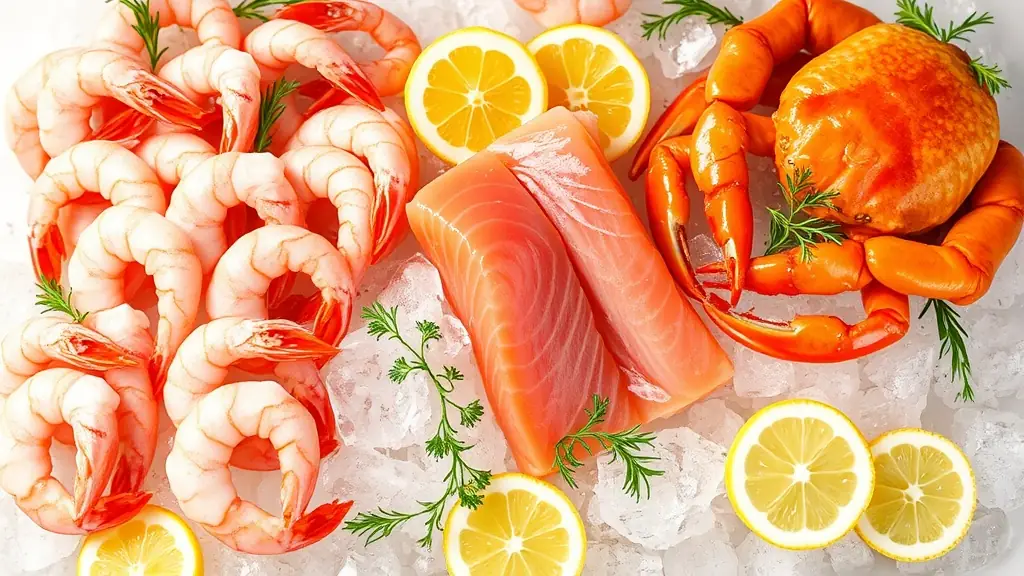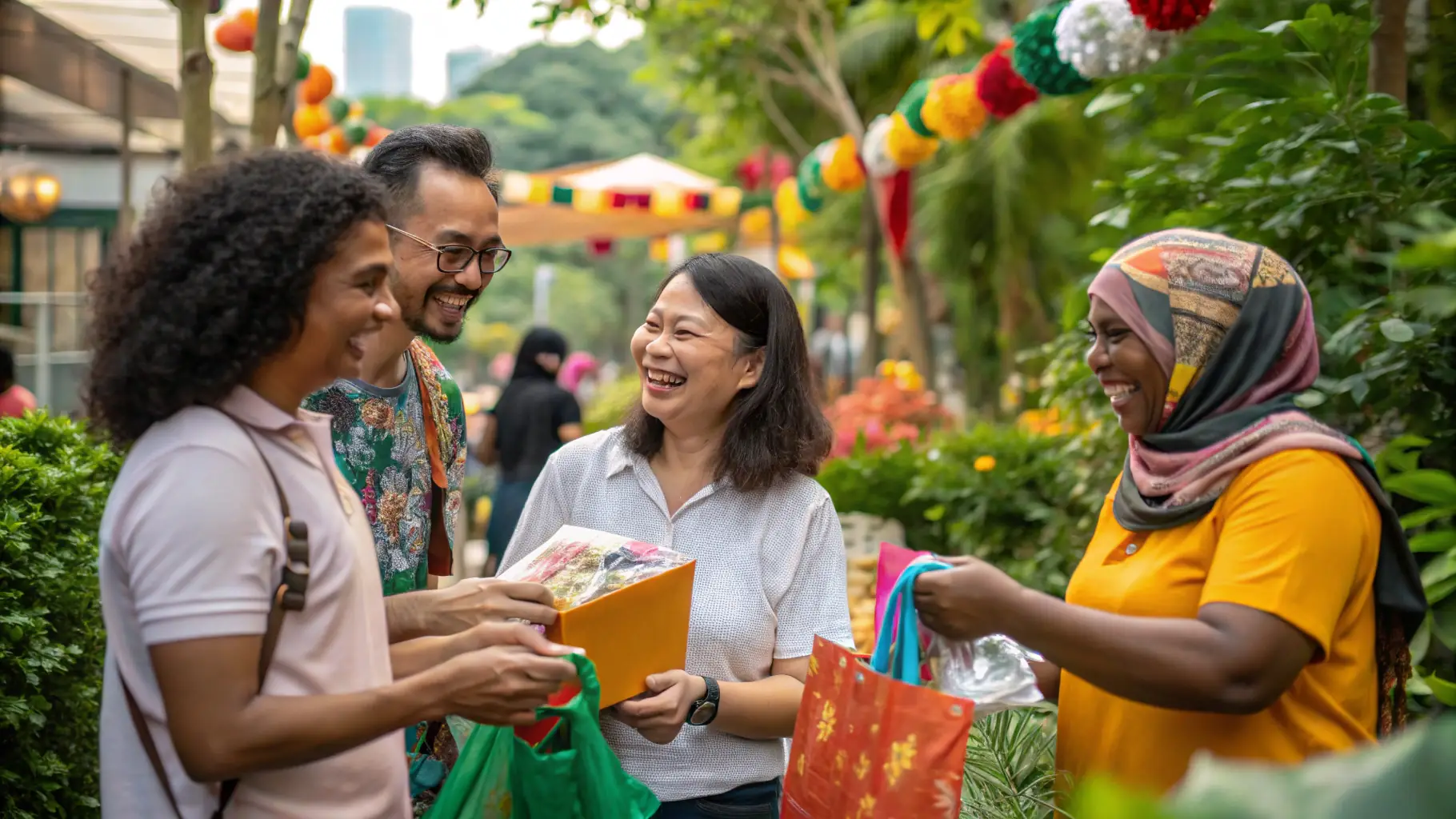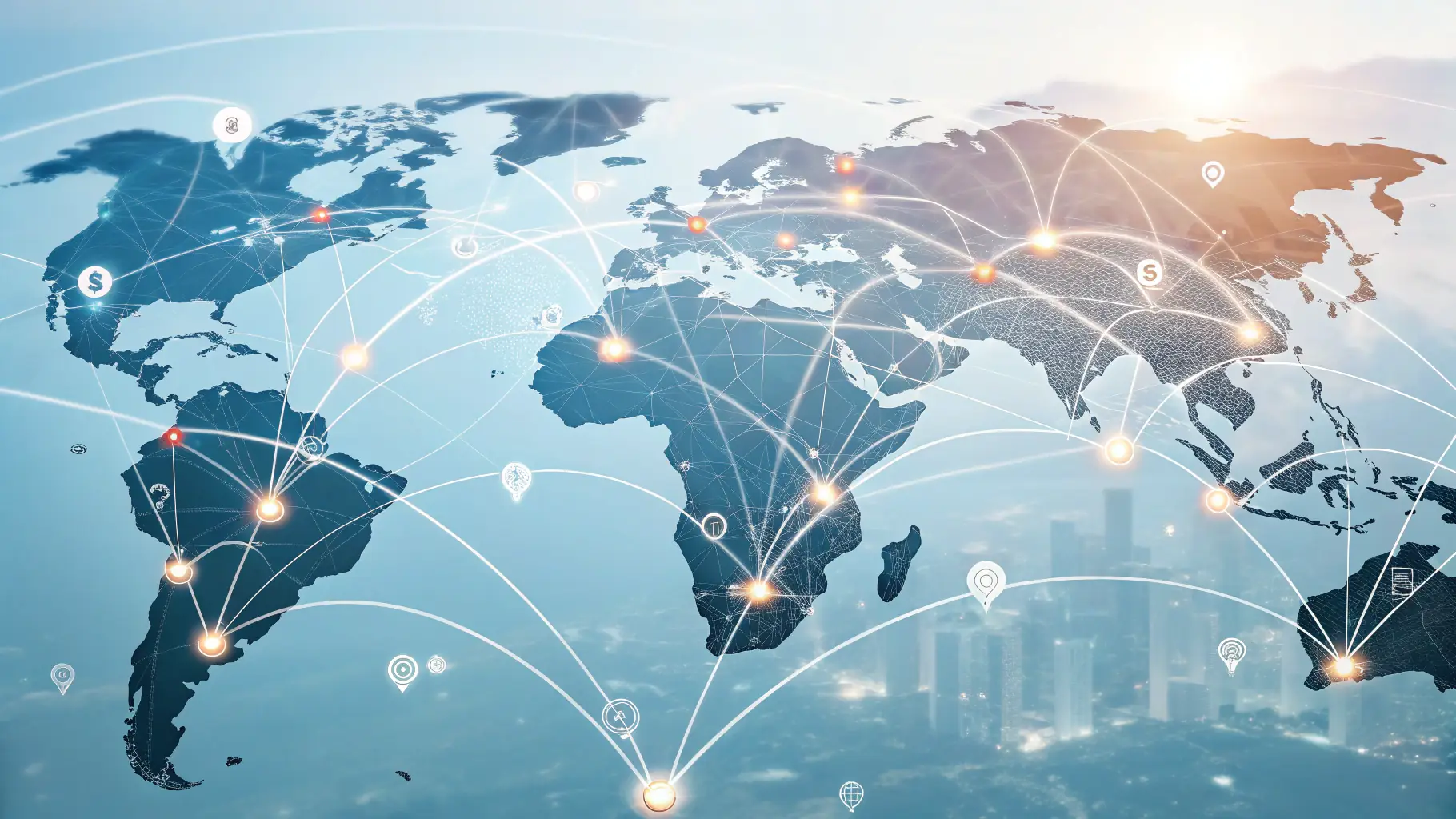Sustainable seafood practices are becoming increasingly important as consumers become more aware of the environmental impact of their food choices. Overfishing and destructive fishing practices are threatening marine ecosystems, and the demand for sustainable seafood is growing rapidly. This is leading to a greater focus on responsible fishing practices and the development of aquaculture methods that minimize environmental damage. Consumers are demanding more transparency and traceability in the seafood supply chain, wanting to know where their seafood comes from and how it was caught or farmed. This is driving the need for certification programs and labeling initiatives that can help consumers identify sustainable seafood options. The seafood industry is responding to this demand by implementing more sustainable practices, such as using selective fishing gear and minimizing bycatch. The transition to sustainable seafood practices is not without its challenges. It requires significant investment in research, development, and education. However, the benefits of protecting marine ecosystems and ensuring a sustainable seafood supply for future generations are substantial. The growing awareness of the importance of sustainable seafood practices is a positive step towards a more environmentally conscious food industry.
Cultural Exchange: Bridging Divides Through Shared Experiences
Cultural exchange programs offer unique opportunities to foster understanding and appreciation between different cultures.



